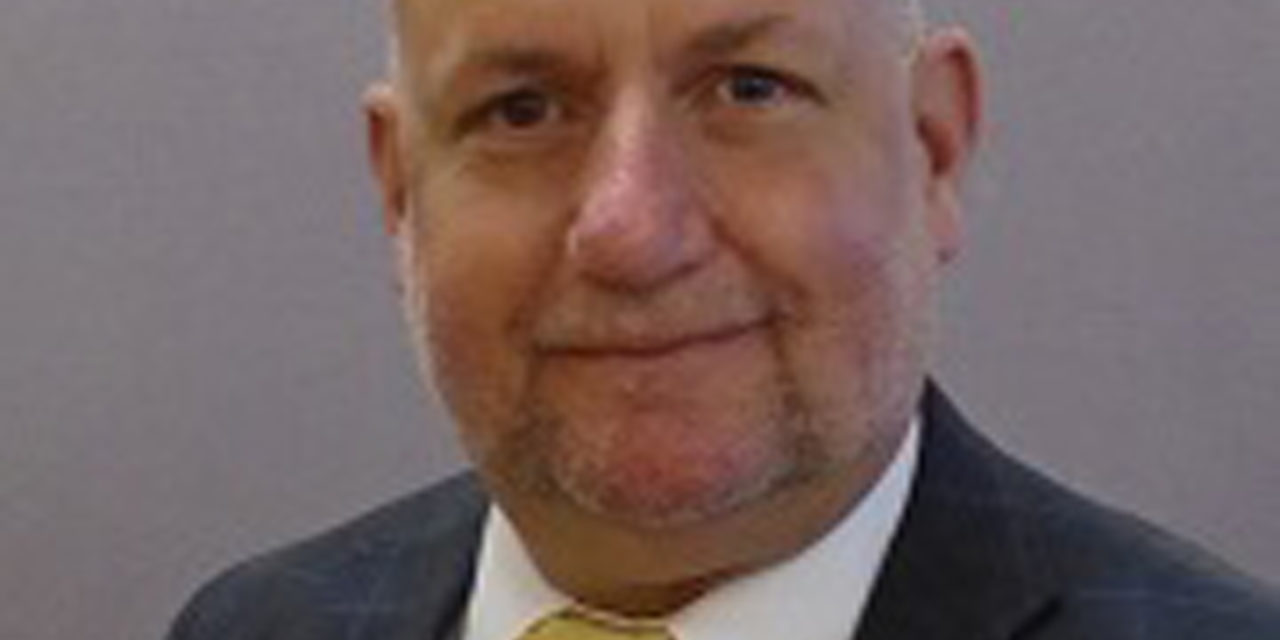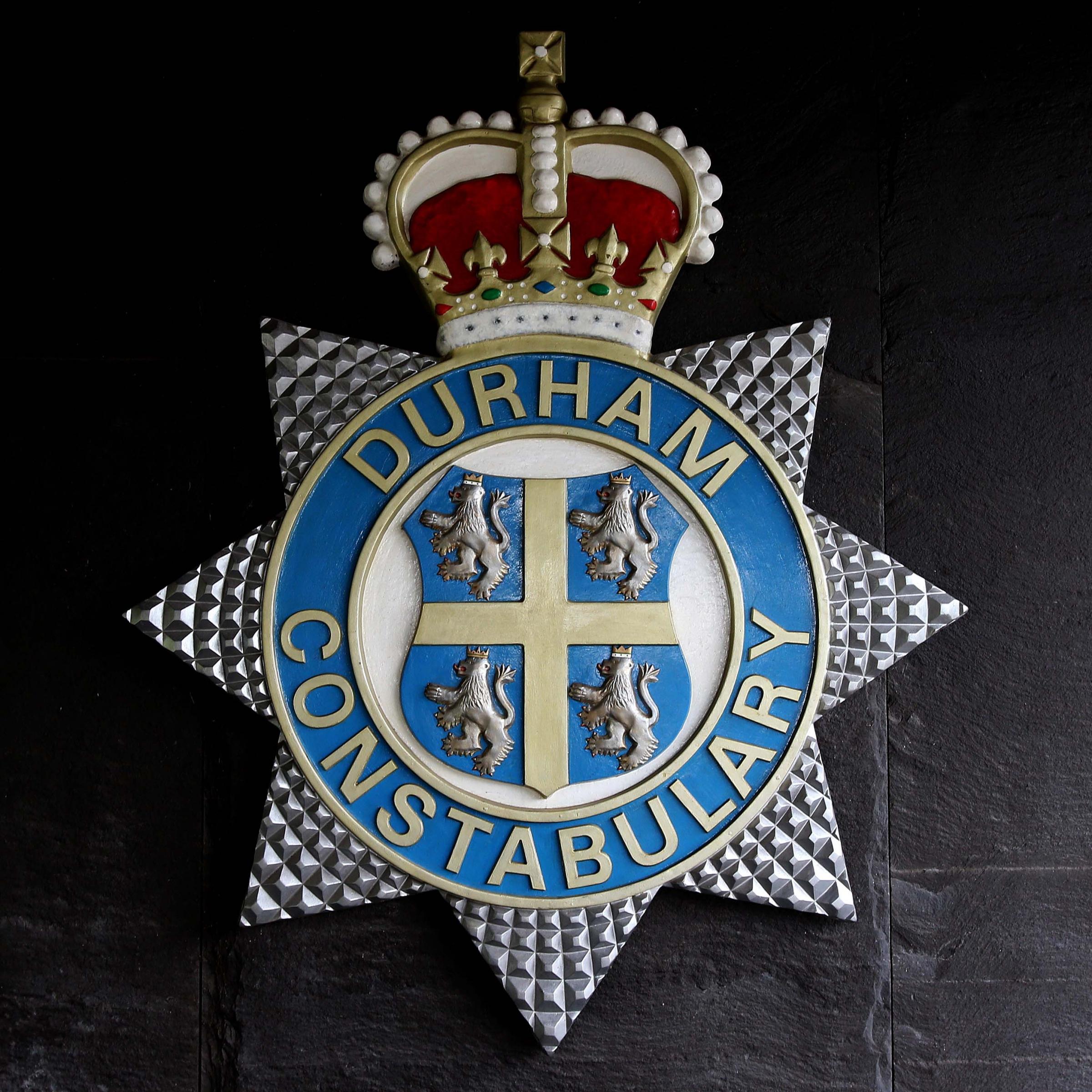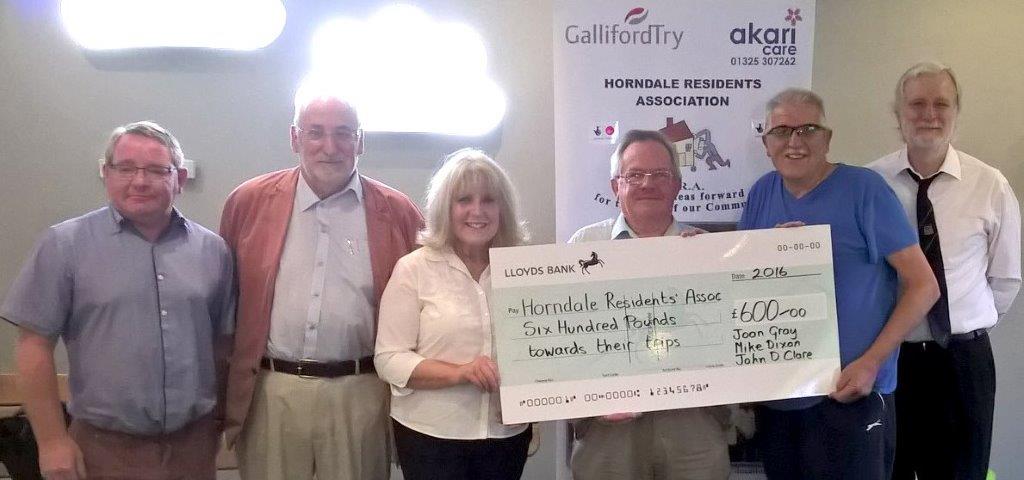The Joint Administration of Durham County Council has called on the government to intervene, following requests from councillors to address the loss of £8.4 million of council tax from student properties.
More than 5,000 properties in County Durham are exempt from council tax due to being student residences, but landlords pay no business rates on them, and the county council receives no compensation from central government.
Liberal Democrat councillor Michael Stead, who had intended to propose a motion to a full meeting of Durham County Council, explains: “The fact that both the leader and deputy leader have intervened shows the importance of this issue and so I’m delighted to have withdrawn my motion, which even had Labour support. Hopefully, we will now see some action by the government.”
Liberal Democrat councillor Amanda Hopgood, leader of Durham County Council, has spoken directly with the Secretary of State Michael Gove about the issue. She comments: “We have an amazing university in Durham and are working more closely than ever with the team there. The current system is penalising areas with large universities, meaning that we have to find additional resources from elsewhere to support our student communities and the wider county.”
Conservative councillor Richard Bell, the deputy leader of the Durham County Council, is writing to the government to request the anomaly is addressed. Cllr Bell comments: “The pressures we face in our budgets is exacerbated by the current situation where student landlords do not have to pay council tax or business rates. This is unsustainable and is considered unfair by so many of our residents.”
Councillor Mark Wilkes, who represents the Framwellgate and Newton Hall Division, which is seeing an increase in conversion of family homes to student accommodation, explains what a change in the rules could mean: “Clearly, students should not be expected to pay any council tax. At present though, we are losing a huge amount of money which could be used to help us build more sustainable, affordable housing, and deliver other services. Working more closely with the university, we could also ensure that new student accommodation is potentially more affordable for students too.
“A property in Durham City which was previously a four bed family home might now be an eight bed student property generating as much as £70,000 in rent per year. Yet no council tax or business rates are paid. Something is clearly very wrong.”
Figures from Durham Country Council show that there are 5,294 student occupied homes and halls of residences in the county, mostly in Durham city.
The total amount of council tax which is lost is £8,442,198. This is the equivalent of more than 3% of council tax in the county.










